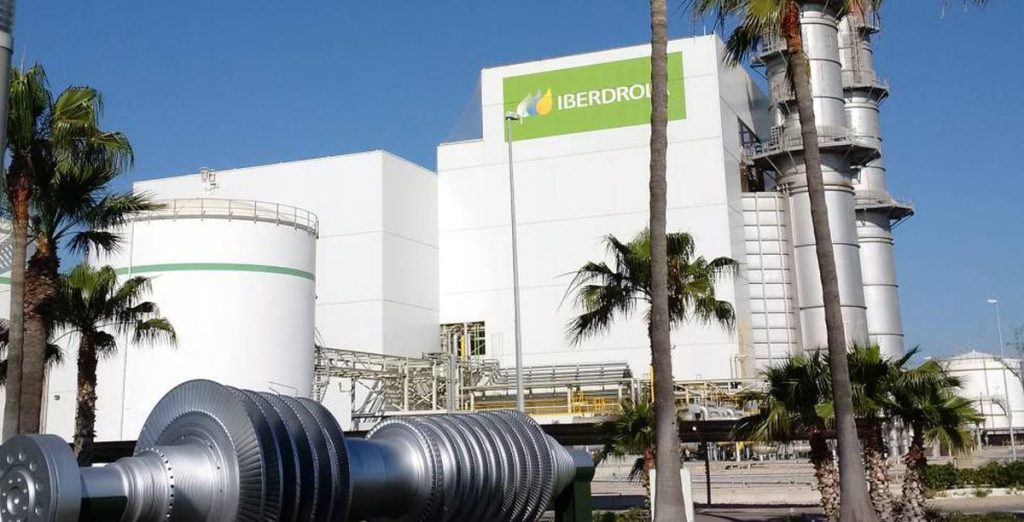The golden days of combined cycle power plants in Spain are long gone. Gas-fired power plants, still necessary to ensure coverage when there is no sun and the wind is not blowing, have begun to slowly but inexorably move towards their end. Iberdrola aims to close all of the gas-fired power plants it operates in Spain within the next five years. The company plans to achieve zero emissions by 2030, a goal that aligns with the transition to renewable energy sources. Iberdrola currently has 5.7 gigawatts of combined cycle power plants in Spain, which represents around one fifth of its total generation capacity. In March, renewables already accounted for nearly 70% of Iberdrola’s installed capacity on the Iberian Peninsula.
Outside of Spain, Iberdrola recently sold its combined cycle power plants in Mexico, totaling over 8.5 gigawatts, for nearly $6 billion. The company only has minimal capacity in Brazil and the United States, and none in the United Kingdom. In Spain, combined cycle power plants generated only 8.8% of the electricity in the first part of the year, a 30% decrease from the same period last year, due to increased generation from wind, solar, and hydropower. The low utilization rate of gas-fired power plants has led major electric companies to consider decommissioning them. Naturgy, the largest owner of gas-fired power plants in Spain, is currently in a legal battle to close five plants that are no longer profitable.
The Spanish electricity system still has over 26.2 gigawatts of combined cycle power plants, with most located on the Iberian Peninsula and some in the Canary and Balearic Islands. The future closure of these plants requires advanced storage solutions to ensure system stability and supply security. The growth of wind and solar power will necessitate the development of pumped hydroelectric storage and battery technologies to fill the gap when renewables and nuclear power are insufficient. Iberdrola’s main focus is on pumped hydro storage, utilizing existing hydroelectric facilities to meet demand during periods of low renewable generation, such as calm weather or peak consumption times.
Batteries, which are rapidly evolving technologically and becoming more cost-effective, will play a crucial role in covering peak demand periods, such as breakfast and dinner times. The combination of pumped hydro storage and batteries will be essential in maintaining a reliable and stable energy system as the transition to cleaner energy sources continues. Iberdrola’s strategy reflects the shift towards renewable energy and the gradual phasing out of gas-fired power plants, ensuring a more sustainable and environmentally friendly electricity generation system. The evolution of energy storage technologies will be key in enabling this transition and ensuring the future energy supply meets the demands of a modern society.


